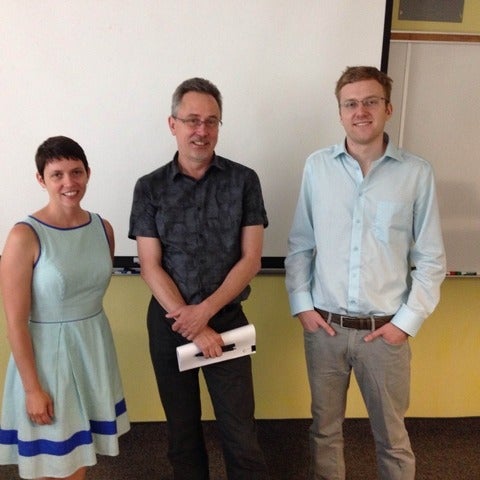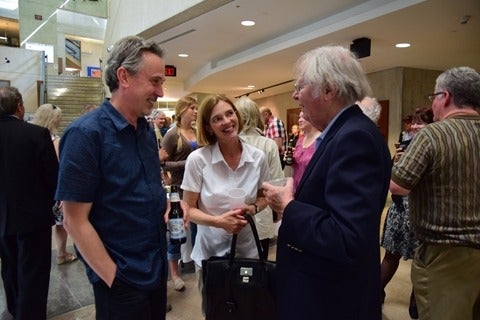Philippe attends the 1st Sino-Canada Workshop on Plateau Lakes Research in China
Philippe attends the 1st Sino-Canada Workshop on Plateau Lakes Research in Kunming, China, July 18-24, 2015. The Plateau Lakes in Yunnan Province represent one of China’s main freshwater resources. They are, however, experiencing rising anthropogenic pressures, including rapid urbanization, invasive species and non-point source pollution.

